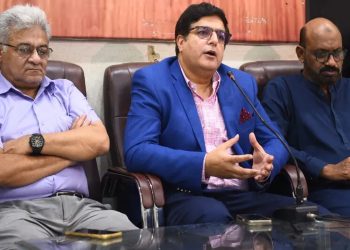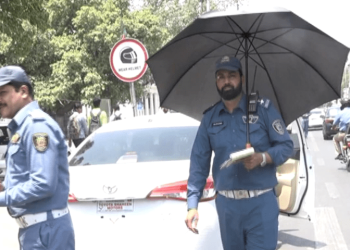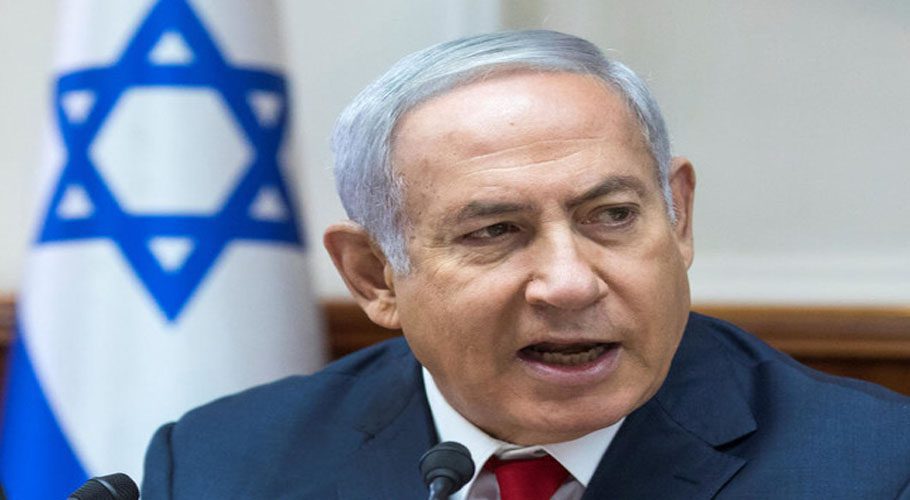LAHORE: The Chairman of Pakistan Tehreek-e-Insaf (PTI) Imran Khan on Tuesday challenged Lahore High Court (LHC) verdict of terminating his ‘right of defence’ in a case pertaining to Prime Minister Shehbaz Sharif’s claim against him regarding Rs10 billion in damages. A 3-judge bench is expected to hear the case in Supreme Court Lahore Registry later today.
On November 24, it may be recalled, Additional District Judge Lahore Chaudhry Muhammad Asif struck out the right of defence of Imran Khan since concerned interrogatories of the plaintiff were not submitted.
In its order, the court had stated “this court has been left with no option except to strike out the right of defence of the defendant (Imran Khan) in this case due to non-submission of requisite replies by the defendant regarding concerned interrogatories of the plaintiff. So, the right of defence of the defendant is hereby struck out in this case accordingly.”
Imran Khan had approached Lahore High Court, challenging the decision of District Judge Lahore, but the LHC too had upheld the verdict.
The Case:
According to details gathered by MM News, the defamation suit states that Imran started uttering false and malicious statements against the plaintiff (Shehbaz) that the latter offered Rs10 billion to the former through a common friend in exchange of withdrawing the case of Panama Papers pending before the Supreme Court (SC).
It pleads that the baseless and defamatory statements by the defendant widely circulated by media lowered the integrity of the plaintiff and caused him extreme mental torture, agony and anxiety. The court has been requested to issue a decree for recovery of Rs 10 billion as compensation for the publication of defamatory content in favour of the plaintiff.
In his written statement, the Pakistan Tehreek-e-Insaf (PTI) chief states that one of his friends told him that someone known to him and also the Sharif family approached him with an offer to pay billions of rupees if he could convince him to stop pursuing the Panama Papers case.
Imran says that he disclosed the incident for the consumption of the public at large and in the interest of the public good does not constitute any defamation.

































